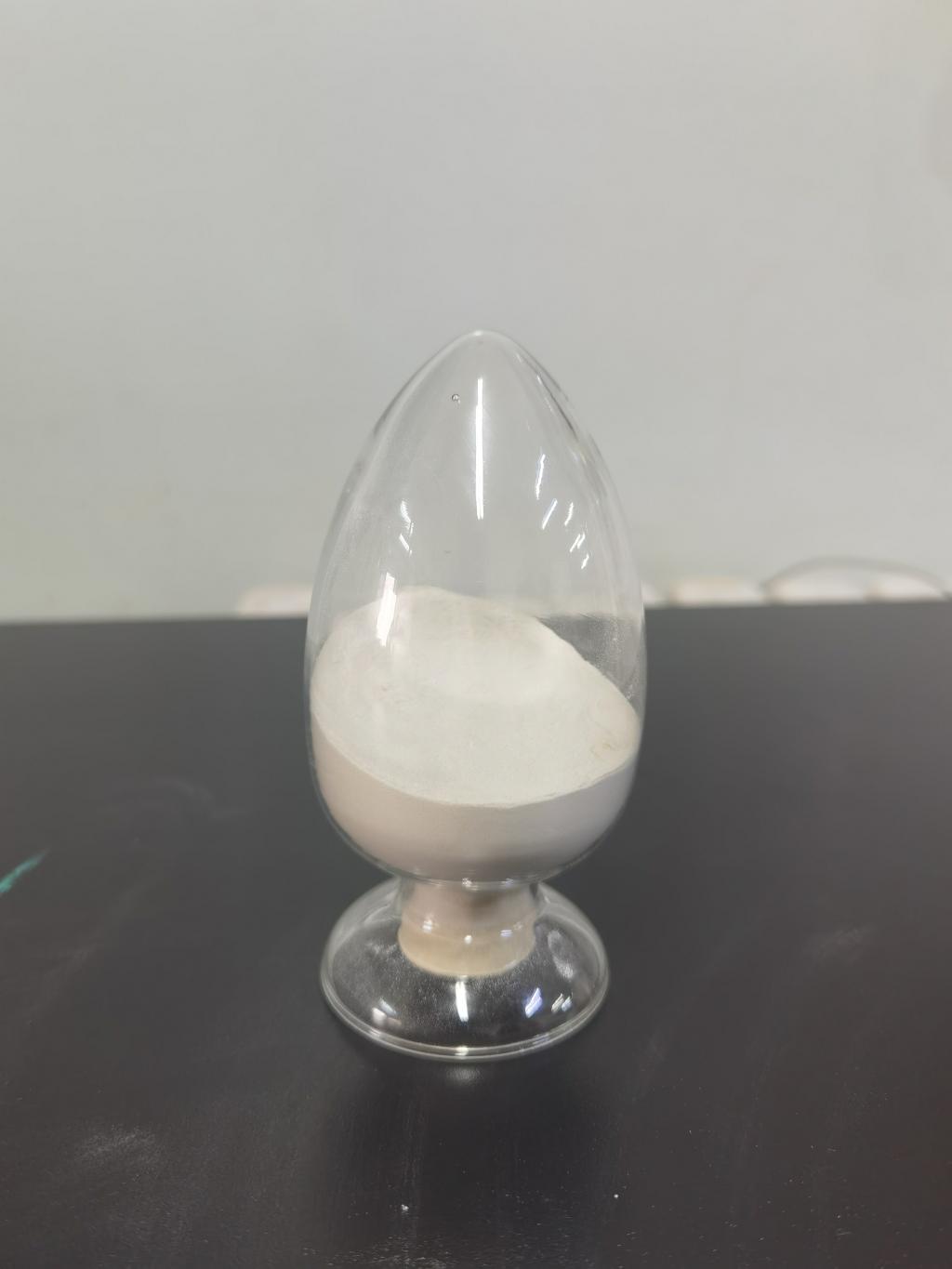Tel:+8618231198596

News
 CONTACT
CONTACT
 CONTACT
CONTACT
- Linkman:Linda Yao
- Tel: +8618231198596
- Email:linda.yao@dcpharma.cn
- Linkman:CHARLES.WANG
- Department:Overseas
- Tel: 0086 0311-85537378 0086 0311-85539701
News
Nisin's stability during food processing ensures consistent quality.
TIME:2024-04-10
Understanding Nisin's Stability:
Nisin is a naturally occurring antimicrobial peptide produced by certain strains of the bacterium Lactococcus lactis. One of its defining characteristics is its stability during food processing, which allows it to withstand various manufacturing conditions without losing its efficacy. Unlike many traditional chemical preservatives, which may degrade or lose potency under certain processing conditions, nisin remains active and effective across a wide range of temperatures, pH levels, and processing methods.
The stability of nisin is attributed to its unique molecular structure, which enables it to resist degradation and maintain its antimicrobial activity under harsh conditions. This inherent stability makes nisin a valuable tool for food manufacturers seeking to ensure the safety and quality of their products throughout the production process.
Mechanisms of Action:
Nisin's antimicrobial activity is primarily attributed to its ability to disrupt the cell membranes of target bacteria, leading to cell lysis and ultimately, microbial death. This mode of action is mediated by the interaction of nisin with lipid II, a precursor molecule involved in bacterial cell wall synthesis. By binding to lipid II and forming pores in the cell membrane, nisin disrupts the membrane integrity, causing leakage of cellular contents and ultimately, cell death.
One of the key advantages of nisin is its specificity towards certain Gram-positive bacteria, including pathogens such as Listeria monocytogenes and Staphylococcus aureus, while sparing beneficial bacteria and yeast. This selective activity allows nisin to target harmful microorganisms without adversely affecting the sensory properties or nutritional value of the food product.
Applications in Food Processing:
Nisin's stability during food processing has led to its widespread adoption as a preservative in various manufactured products. It is commonly used in a wide range of food categories, including dairy products, processed meats, canned foods, sauces, and beverages. In these products, nisin helps inhibit the growth of spoilage microorganisms and pathogens, thereby extending shelf life and ensuring product safety.
One notable application of nisin is in the preservation of dairy products such as cheese and yogurt. During the production of cheese, for example, nisin can be added directly to the milk or incorporated into the cheese curd to inhibit the growth of spoilage bacteria and molds. This helps prevent defects such as gas production, off-flavors, and texture changes, thereby ensuring the consistency and quality of the final product.
Similarly, in processed meats, nisin can be used to inhibit the growth of pathogenic bacteria such as Listeria monocytogenes and Clostridium botulinum, which pose a risk of foodborne illness. By incorporating nisin into meat products such as sausages, deli meats, and canned meats, manufacturers can enhance the safety and stability of their products, while also meeting regulatory requirements for food safety.
Stability During Processing:
One of the key advantages of nisin is its stability during food processing, which allows it to retain its antimicrobial activity under a variety of processing conditions. Unlike some chemical preservatives, which may degrade or lose efficacy when exposed to heat, pH fluctuations, or mechanical shear, nisin remains active and effective throughout the production process.
For example, in heat-treated products such as canned foods or pasteurized beverages, nisin can withstand the high temperatures required for sterilization without losing its antimicrobial activity. This allows manufacturers to incorporate nisin into their formulations without compromising the safety or quality of the final product.
Similarly, in acidic products such as sauces or dressings, nisin remains stable and effective at low pH levels, where microbial growth may be a concern. Its stability in acidic environments ensures consistent protection against spoilage microorganisms, regardless of the product formulation or processing conditions.
Regulatory Considerations and Safety:
As with any food additive, ensuring the safety of nisin is essential to its use in manufactured products. Regulatory agencies such as the U.S. Food and Drug Administration (FDA) and the European Food Safety Authority (EFSA) have evaluated the safety of nisin and established maximum permitted levels for its use in food products.
Furthermore, nisin is generally recognized as safe (GRAS) for use in food by regulatory authorities around the world. Its long history of safe use in food preservation, coupled with its natural origin, reinforces its status as a safe and effective preservative for manufactured products.
Future Perspectives:
Looking ahead, the role of nisin in ensuring consistent quality and safety standards in manufactured products is expected to grow. As consumer demand for natural and minimally processed foods continues to rise, the use of natural preservatives like nisin is likely to become more prevalent in the food industry.
Advances in biotechnology and fermentation techniques may further enhance the production efficiency of nisin, making it more accessible to food manufacturers and expanding its applications across different food categories. Additionally, ongoing research into the mechanisms of nisin action and its interactions with other food components may lead to new formulations and applications in food processing.
Conclusion:
In conclusion, nisin's stability during food processing plays a crucial role in ensuring consistent quality and safety standards in manufactured products. Its unique molecular structure and antimicrobial activity allow it to withstand various processing conditions while effectively inhibiting the growth of spoilage microorganisms and pathogens.
By incorporating nisin into their formulations, food manufacturers can enhance the safety, stability, and shelf life of their products, while also meeting consumer demand for natural and minimally processed foods. As the food industry continues to evolve, the versatility and efficacy of nisin make it a valuable tool for upholding quality and safety standards in manufactured foods.
- Tel:+8618231198596
- Whatsapp:18231198596
- Chat With Skype







